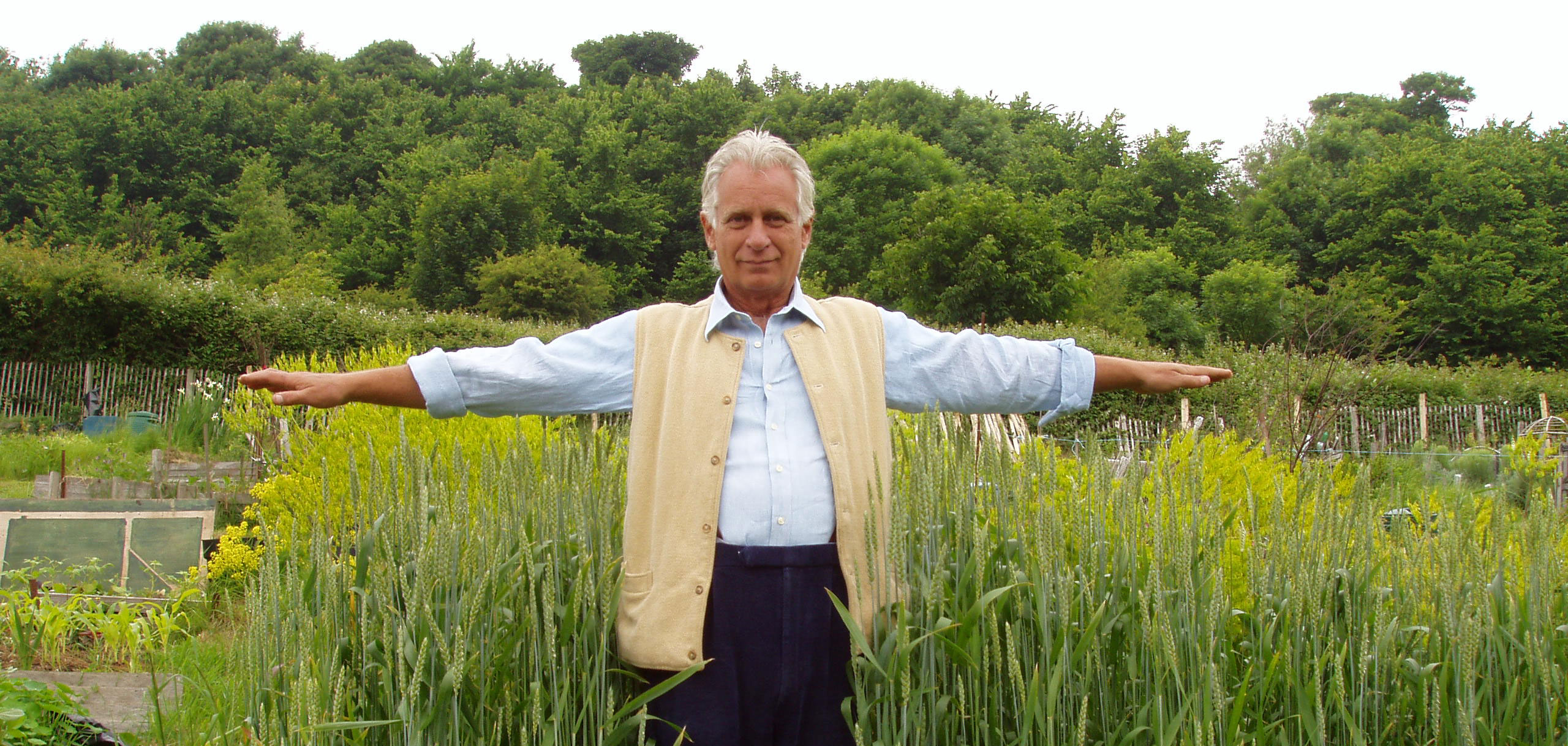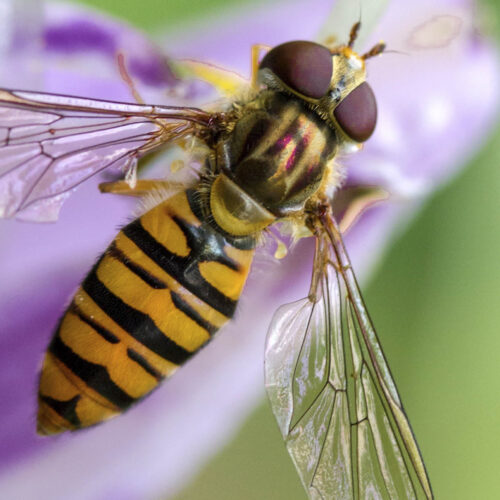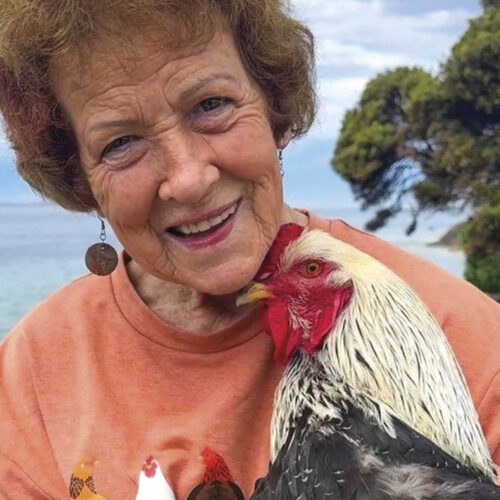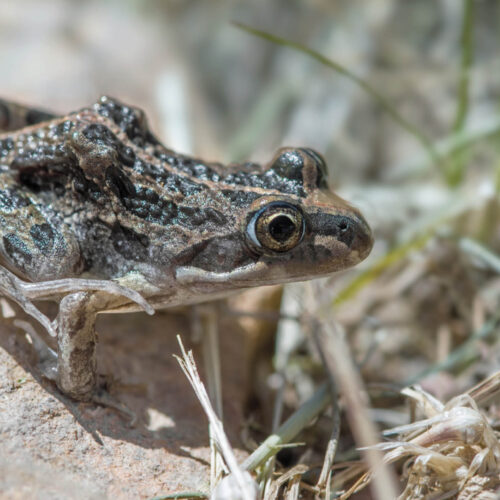Sweet Success
2009-12-21T22:36:32+11:00
Craig Sams was a pioneer of the natural food movement in the ’60s, going on to establish the most successful organic chocolate company in the UK. He talks to SIMON WEBSTER about food, business and gardening.
When Craig Sams was serving up organic beans and brown rice for John Lennon, Yoko Ono and other groovers in 1960s London, mainstream society was horrified.
“A friend was described as the king of hippies, and they said when he ate beans he levitated,” Sams says. “When we held a macrobiotic bake-off, John Pilger – who went on to become a radical journalist – wrote a condescending piece about us. Still, they say all publicity is good publicity.”
At about the same time, a macrobiotic bookshop in Philadelphia was closed down by the FBI. “It sold books with revolutionary ideas like ‘eating a natural diet can prevent or cure cancer’,” Sams recalls.
“The American Medical Association raised hell. Reader’s Digest did a cover story on ‘The macro hippie health diet that’s killing our kids’. They were right in a way. I’ve been eating it for 40 years and I’m nearer death than when I started. Mind you, I haven’t had to see a doctor since 1965, so it can’t be that bad for you.”
Ethical influence
Today Sams’s passion for simple, healthy organic food and his ethical approach to business is lauded by the media and is even influencing the way business is done in multinational corporations.
In 1991 he founded Green & Black’s organic chocolate with his wife, journalist Josephine Fairley. It was the first 70 per cent cocoa solids chocolate sold in the UK and, despite its relatively low sugar content, its packaging featured a health warning. It also carried the UK’s first Fairtrade mark.
Sams sold the brand to Cadbury’s in 2005. With the sale came guarantees that the brand would continue to be organic and deal fairly with workers in the Third World. Sams still plays a role, developing products and liaising with farmers in Belize.
Rather than the corporation having a negative influence on an ethical product, the reverse is happening, says Sams. “Cadbury have adjusted their mindset. They’re working on the Ghanaian government to develop some organic cocoa farming there.”
The change of attitude isn’t confined to Cadbury’s, or other confectionary companies. “A few years ago if someone in a boardroom had asked what the environmental consequences of something would be, they’d be clearing their desks within a few hours,” says Sams. “That’s changed. Corporations now recognise that sustainability is the foundation of any definition of shareholder value. If we’re all dead, the dividends will dry up.”
Natural food movement
Sams traces his passion for organics back to a bout of dysentery in India in the ’60s. He was cured after being put on a Persian diet of unleavened wholemeal bread and unsweetened tea. “I made the connection between what you eat and your health,” he says.
Rather than go back to farm in Nebraska, where he grew up, he moved to London and, along with his brother, sold simple organic food at a restaurant they called Seed.
“It was 1967, the summer of love. I wish all my customers were as committed to brown rice and vegetables as I was, but a lot came despite the food – it was a groovy place to go. However, it stayed with a lot of them and was the start of the natural food movement.”
In that same summer, Sams set up Whole Earth Foods, an organic food brand that he sold to a Dutch multinational in 2002 – again with ethical and organic guarantees. He has also owned organic sushi bars and bakeries, published an organic magazine and written or co-written books, including About Macrobiotics and The Macrobiotic Brown Rice Cookbook. He and Jo have also just released Sweet Dreams – The Story of Green & Blacks.
Organic growing
Today, at 64, Sams is vice-chairman of the Soil Association, Britain’s peak organic body, and chairman of its organic certification branch. He lives with Jo in Hastings, a town on England’s south coast. In his half-acre garden he grows figs, apricots and peaches. He also has a 20-acre holding on which he runs a chestnut coppice and experiments with biochar – locking up carbon dioxide by turning biomass into charcoal.
He has a five-acre orchard and two acres of vegies, and sells his produce through an organic bakery and shop that he owns, in town.
The resurgence of home-grown food in the UK excites him.
“At the Chelsea Flower Show, people were putting cabbage and kale in their herbaceous borders. There’s a more edible approach to gardening.”
Last year, for the first time, Britons bought more vegetable seeds than flower seeds, Sams says. This can only advance the growth of organics in the mainstream, he argues.
“Your readers know that you don’t spray at home, because the idea of spraying poisons on food that you’re going to give your kids goes against the grain. There’s a disconnect when you buy food from shops, but people start thinking when they start growing their own. Then they expect the food they buy to be grown in the same conscientious way.”
Home growers are incredibly efficient, Sams says.
“A non-organic farmer uses 12 calories of fossil fuels to produce one non-organic calorie of food. A mechanised organic farm uses six calories. Farming organically by hand uses one calorie to produce 20 calories of food.
“The home gardener or peasant farmer with a hoe has an energy input to output ratio that is phenomenally different. You’re talking about 120 times more efficient. Even organic farms have a way to go to match that.”
Offering advice for any would-be organic entrepreneurs, Sams says: “Cashflow. Many people who set up business haven’t worked out what it will cost to stay in business. And be original. Find a niche. It’s a wonderful place to be.”
As for Green & Black’s, Sams has no regrets about selling to Cadbury’s. A year after he did so, Mars and Hershey’s both launched organic chocolate bars. Had the brand still been independent, that competition might have been too much.
“It’s like Gandhi said: when you come up with something original, first they ignore you, then they laugh at you, then they attack you, then they copy you.”
Actually, Gandhi’s quote ends: “…then you win”. Organics is still a long way from claiming victory in the war over food production, but reports from the front line are promising.






